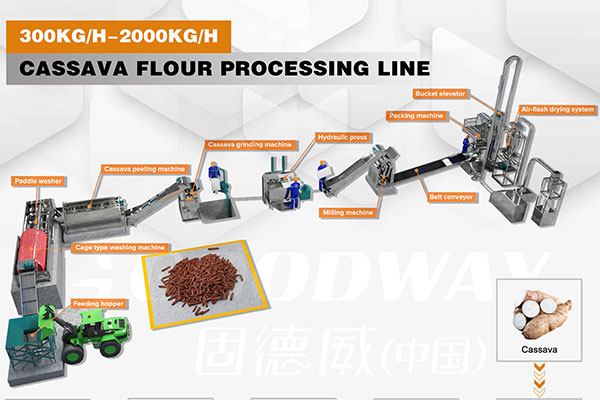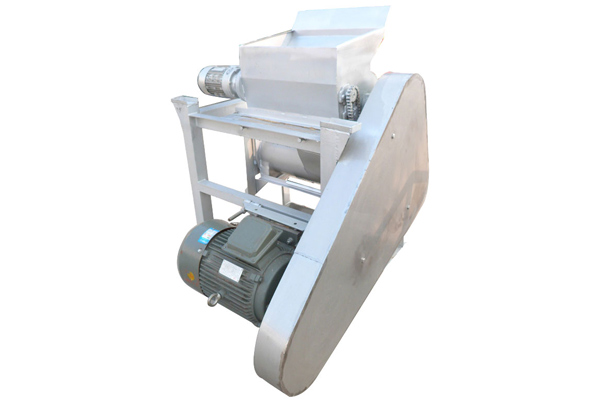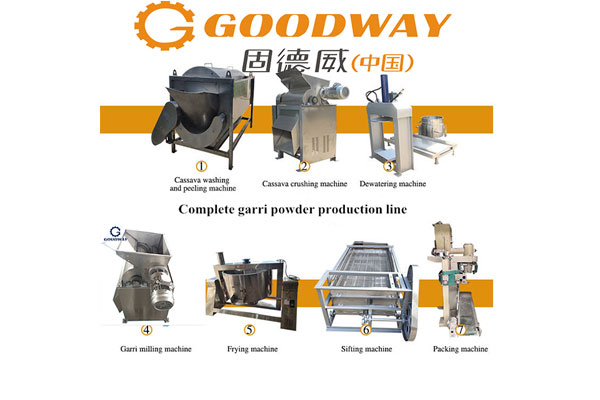Workshop Building Requirements
Basic Functionality of the Factory
The workshop buildings should fully comply with the requirements for food production licenses and establish a complete set of basic functionalities, including reasonable layout, necessary ventilation, lighting, drainage, and power supply systems.
The workshop should have rationally planned personnel passages, logistics passages, and starch processing areas to ensure smooth and efficient production processes.
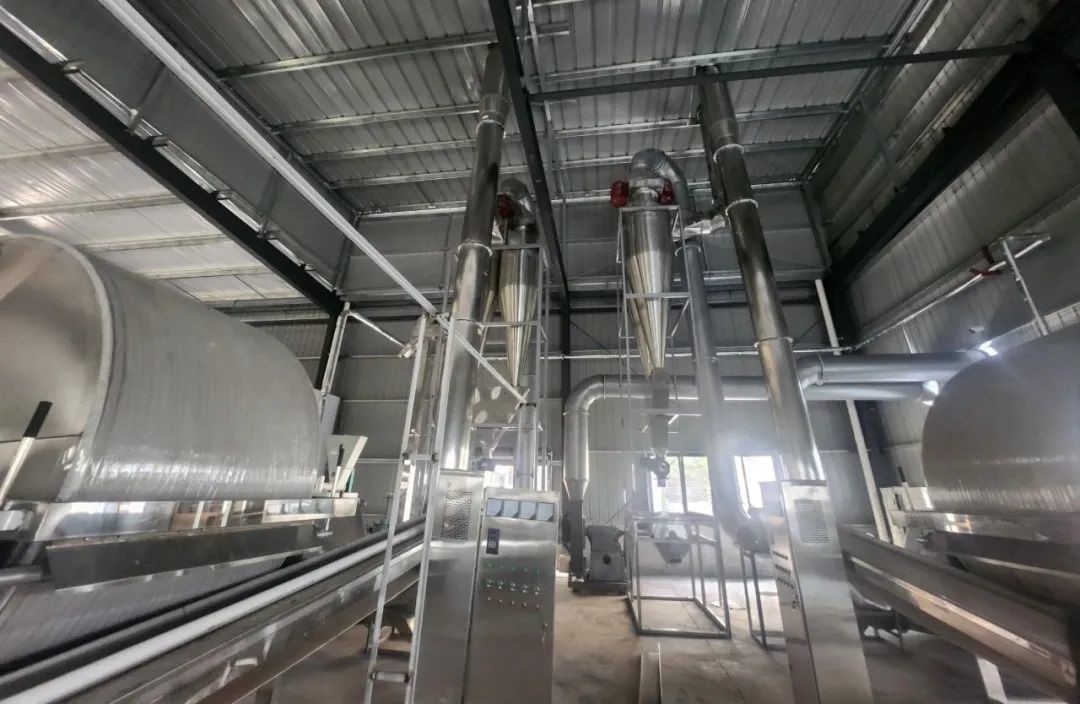
Factory Layout
The factory layout should ensure streamlined, smooth, and convenient starch processing flow, facilitating the installation and maintenance of essential facilities such as water and power supply systems, waste treatment systems, and starch processing equipment.
The workshop shape is preferably rectangular or L-shaped, which benefits the layout of equipment and optimization of the production line.
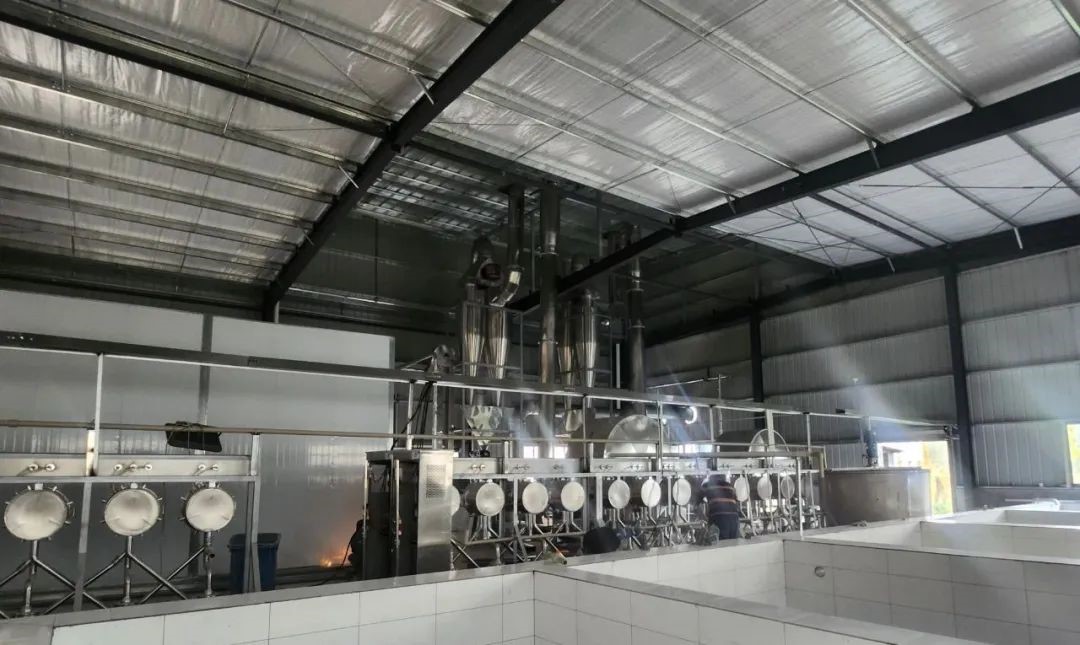
Building Structure
The overall starch factory's building structure should be designed in conjunction with the starch production line and production scale, striving for economic viability, practicality, and stability.
Workshop Dimensions
Should be determined based on equipment configuration and production scale. Generally, the workshop height should not be less than 5 meters, the width between 9-12 meters, and the length flexible according to the production line and production scale. To facilitate the installation and transportation of large equipment, the workshop's main door width should be 0.2-0.5 meters wider than the equipment or a wall hole should be reserved near the installation position on the exterior wall.
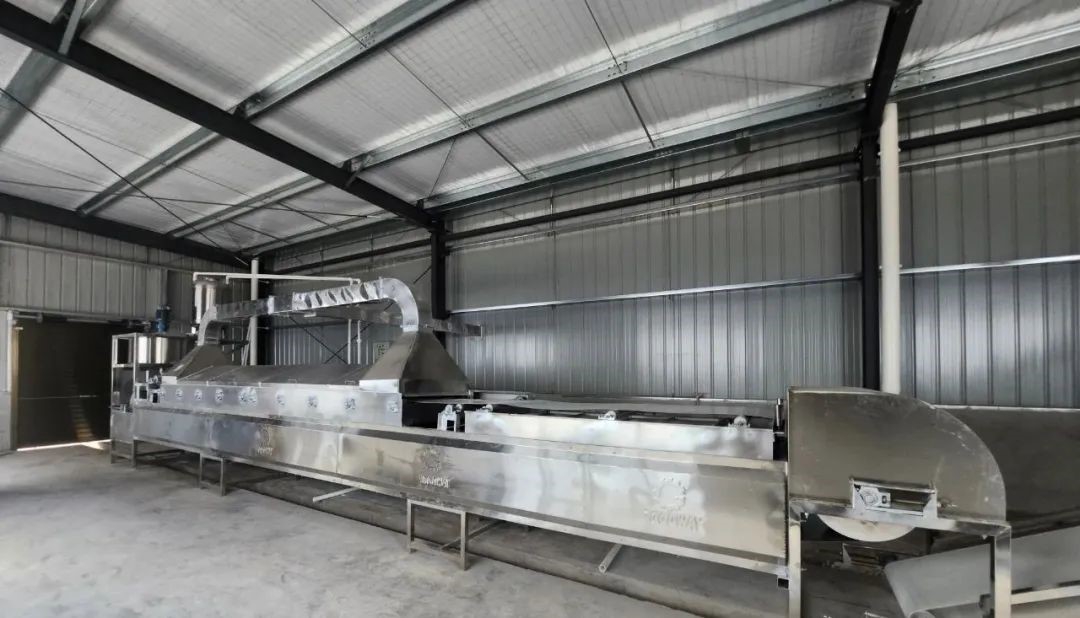
Functional Areas
The workshop should have sufficient space for storing sweet potatoes, stacking, and handling potato residues, as well as warehouses for finished starch. These areas should be laid out logically to enhance production efficiency and space utilization.
The finished product warehouse should be close to the drying room to reduce transportation costs and risks.
Workshop Hygiene Requirements
Environmental Hygiene
The workshop environment should be kept clean, pollution-free, water-free, and clutter-free. Workshop roads should be hardened and kept flat, and each section should clean up sanitary areas and green belts at least once a day.
Pets and livestock are prohibited inside the workshop to prevent contamination of the production environment and products.
The workshop building structure should be sturdy without cracks or holes where pests could hide or enter, and the roof drainage should be smooth without leaks.
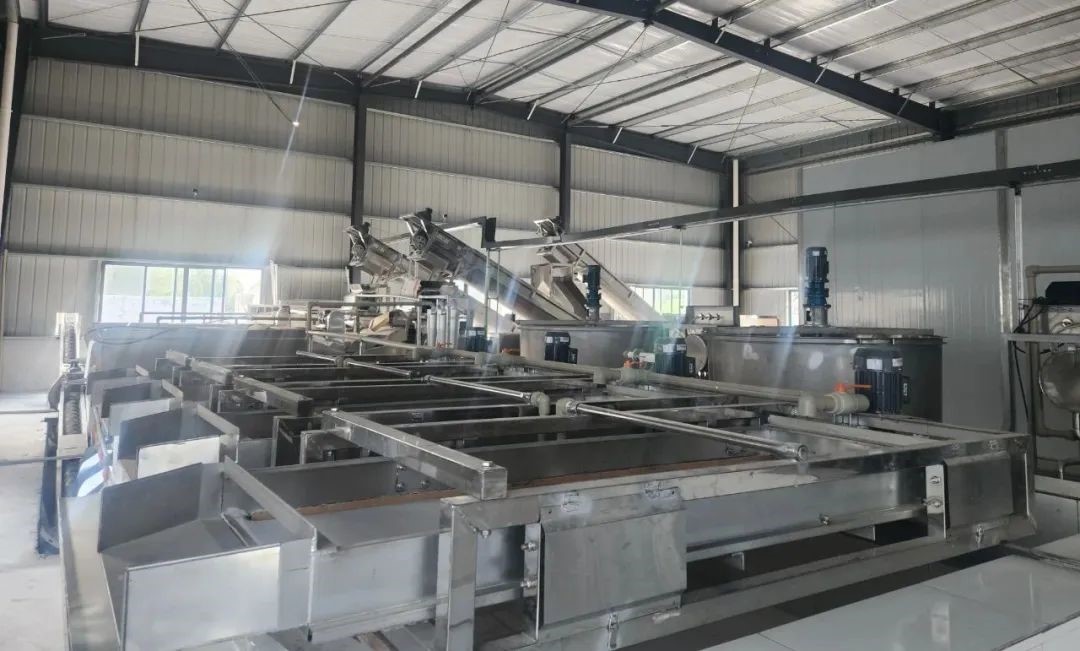
Equipment Hygiene
Starch processing equipment, pipelines, and various tanks' surfaces should be kept clean, and any dirty areas must be cleaned promptly. Rusty equipment should be de-rusted and repainted immediately.
During equipment maintenance, disassembled parts should be categorized and placed in order, and oil-stained parts should be cleaned before being placed on the platform. It is strictly prohibited to mix oil stains into the materials.
Personnel Hygiene
Workshop staff should maintain good personal hygiene habits, such as frequent bathing, changing clothes, haircuts, etc. Production workers should not bring personal items or accessories unrelated to production into the workshop, and wearing jewelry such as earrings, watches, and rings is prohibited. Eating, chewing gum, storing food, and similar behaviors are prohibited in the production area to prevent product contamination.
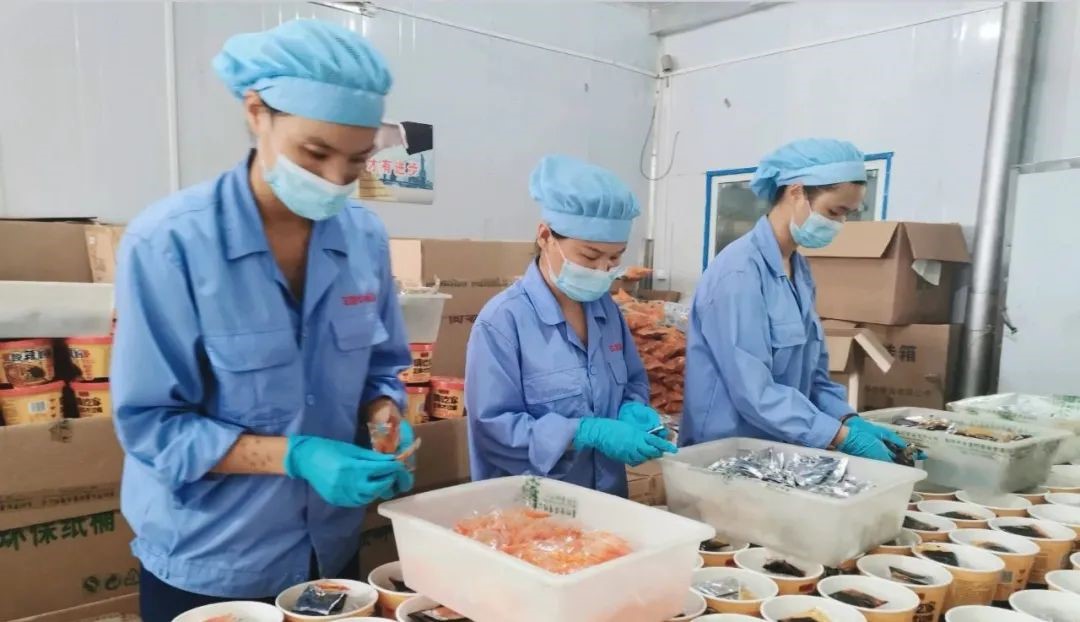
Pest Control
The workshop should use physical methods to control pests, such as installing fly lamps and rodent barriers.
Strictly control factory area sanitation, clean garbage bins daily to reduce the sources of mosquito and fly breeding and rodent hiding.
The walls in the production area should be smooth without voids or gaps, and the openings on the roof should be sealed to prevent pests from hiding or entering.
Foreign Object Control
Strengthen the control of employees' personal items to prevent them from bringing foreign objects into the production posts.
Strictly control and manage potential foreign objects entering the products, such as metals, wood, glass, etc.
In summary, the building and hygiene requirements of a starch factory's workshop are multi-faceted and comprehensive. Only by strictly adhering to these requirements in construction and management can the quality, efficiency, and safety of starch production be ensured.

 EN
EN
 fr
fr  es
es  it
it  pt
pt 